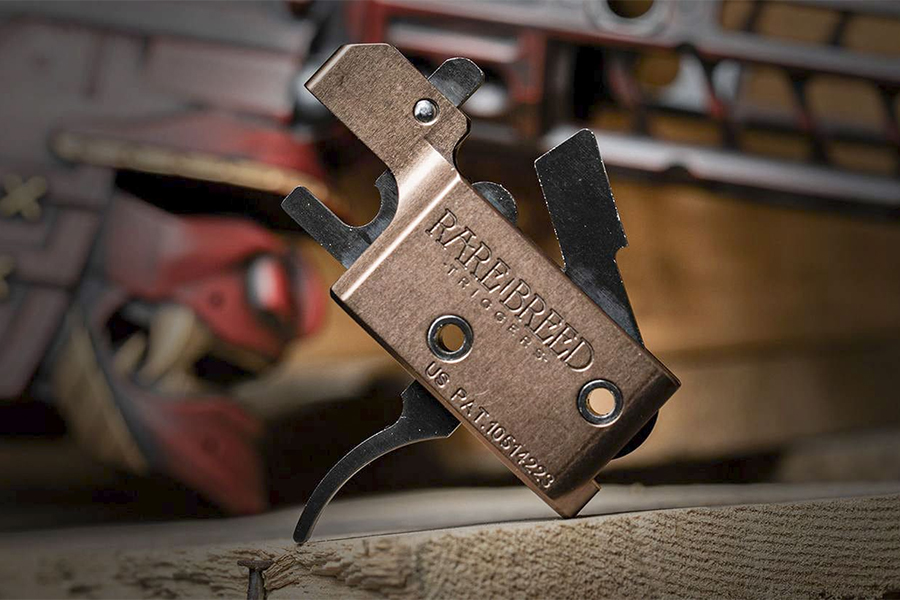
In August 2022, A.T.F. agents showed up at the home of a Rare Breed customer, Patrick Carey, near Baton Rouge, La., with a letter warning him that he might be breaking federal law because he owned guns outfitted with forced-reset triggers, according to court papers. He surrendered two of the triggers to the agents.
“I did not want to get rid of my forced reset triggers,” he wrote in a declaration filed in court. A handful of owners of forced-reset triggers decided to fight, and in August 2023 they joined with the National Association for Gun Rights and sued in federal court in Texas. They argued that the A.T.F. had overstepped its authority.
The two court cases yielded split results. A Democratic-appointed judge in the New York case sided with the government and ordered Rare Breed to stop selling the prohibited triggers. But in Texas, a Republican-appointed judge sided with gun groups and partially blocked the government from enforcing the trigger restrictions.
The groups now suing the Biden administration over the trigger restrictions said they felt as if their position had strengthened since the Supreme Court issued its bump-stock decision. Gun-control groups said that they were worried that the Supreme Court had opened the door for more gun modifications that will allow rapid-fire rifles to proliferate nationally.
— Jack Healy in Supreme Court Ruling on Bump Stocks Could Open Door to More Lethal Weapons

